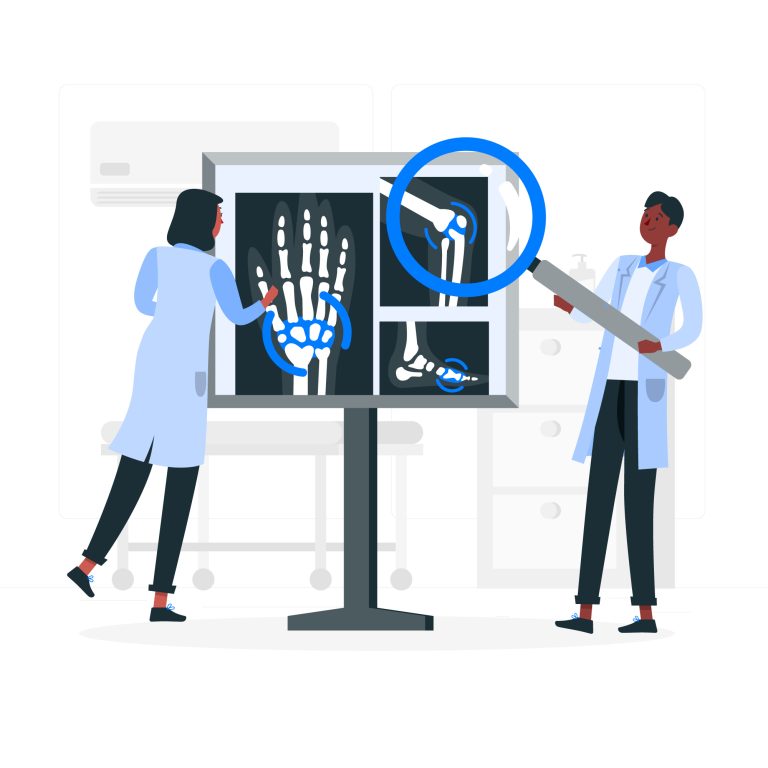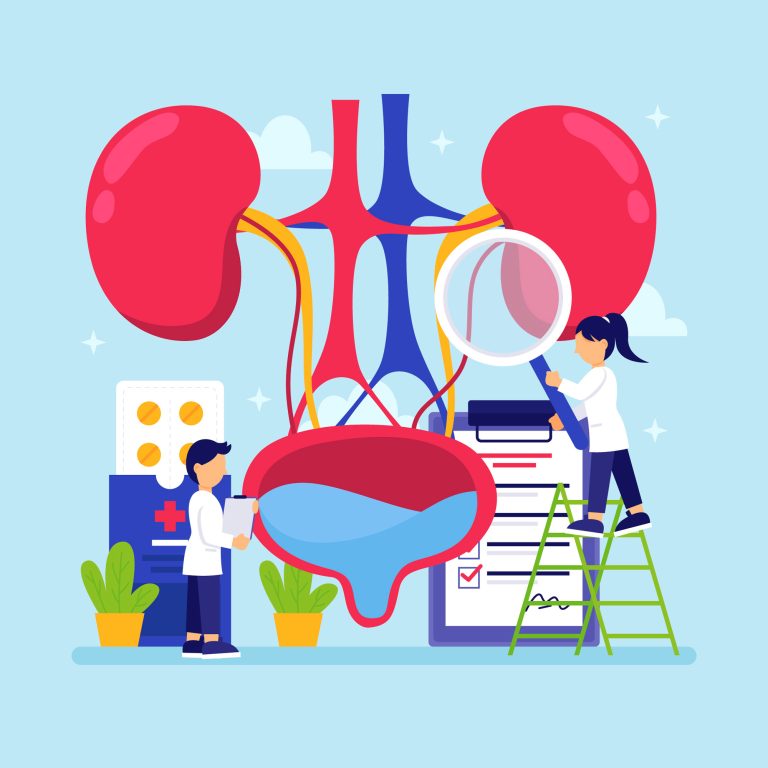Cardiothoracic
Innovative Approaches to Cardiothoracic Health: Emerging Technologies and Lifestyle Changes
Cardiothoracic health, encompassing heart and lung function, increasingly benefits from technological advancements and a deeper understanding of lifestyle impacts. Recent innovations in cardiothoracic care, such as wearable heart monitors, advanced imaging techniques, and minimally invasive procedures, are revolutionizing how conditions like heart disease and chronic obstructive pulmonary disease (COPD) are diagnosed and treated. These technologies allow for real-time monitoring and precise interventions, improving patient outcomes and quality of life.

Alongside these technological advancements, modern lifestyle changes significantly impact cardiothoracic health. Diet, exercise, and stress management are crucial in maintaining heart and lung health. For example, adopting a Mediterranean diet rich in healthy fats, engaging in regular cardiovascular exercise, and practicing mindfulness can reduce the risk of developing heart disease and improve lung function.
With the integration of technology, preventive strategies are becoming more personalized. Early detection tools like genetic testing and advanced imaging enable healthcare providers to create tailored health plans that address individual risks before they escalate into severe conditions. Proactive measures, like regular screenings and personalized exercise regimens, help prevent the onset of cardiothoracic issues and manage existing conditions more effectively.
Integrating emerging technologies with healthy lifestyle choices offers a comprehensive approach to cardiothoracic health. For instance, wearable devices that track heart rate and activity levels can motivate patients to stay active and make informed decisions about their health. Combining these tools with lifestyle interventions creates a synergistic effect, leading to better long-term outcomes.
Real-world examples illustrate the success of these approaches. Patients using wearable monitors, along with personalized diet and exercise plans, have shown improved management of conditions like atrial fibrillation and COPD. These case studies highlight the potential of combining technology and lifestyle changes to enhance cardiothoracic health.
In conclusion, the intersection of emerging technologies and lifestyle modifications presents a promising future for cardiothoracic care. By embracing innovative tools and holistic health practices, healthcare providers can offer more effective, personalized care that improves heart and lung health in the modern age.


